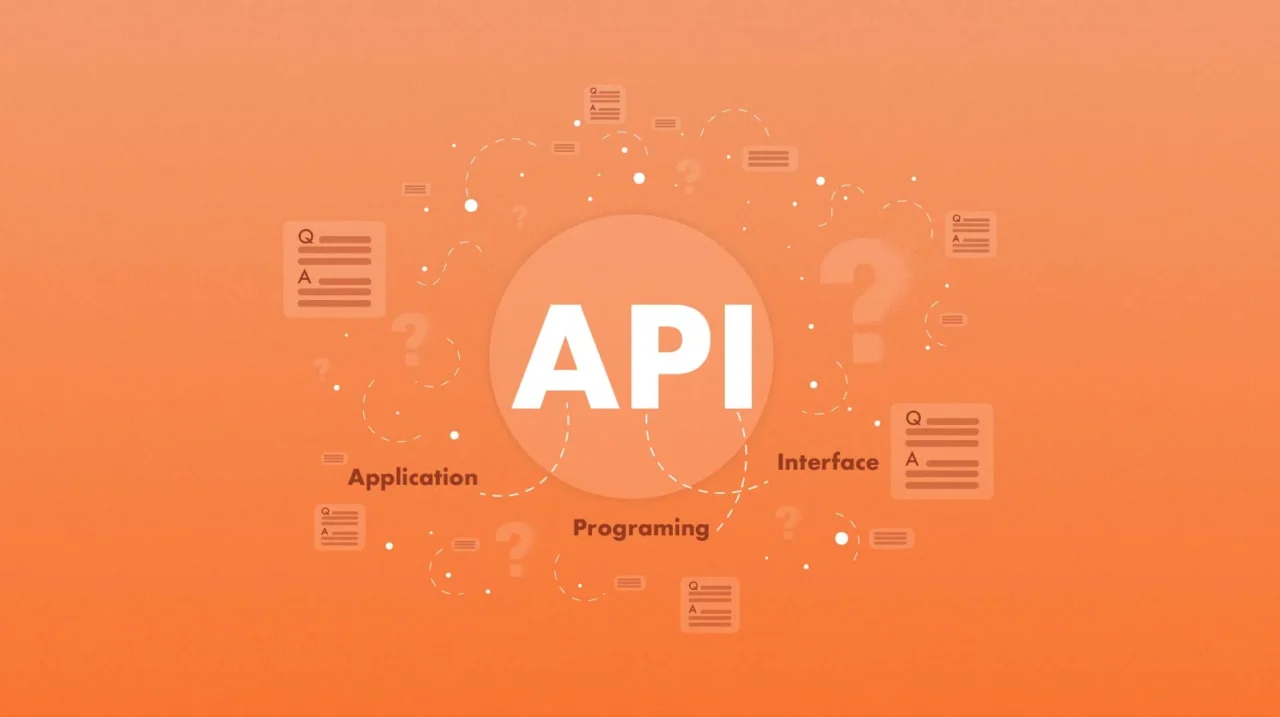Top 10 Web API Interview Questions & Answers [UPDATED 2025]: Ace Your Next Tech Interview


Supercharge Your API Interview Prep with Huru 🚀
Practice unlimited API interviews for free and receive instant, actionable AI feedback on your answers, communication, and technical skills. Start now and build unshakeable confidence for your next big interview! Try Huru.ai free →
Why API Skills Matter in 2025: The Career Advantage
APIs are the backbone of digital innovation in 2025. From cloud services to AI, mobile apps to IoT, mastering Web API concepts is essential for every tech professional. Recruiters now rank API literacy among the top five must-have skills in software, web development, and cloud roles. Whether you’re a junior developer or a seasoned engineer looking to move up, demonstrating deep knowledge of APIs can set you apart—and unlock higher salaries and more opportunities.
If you’re preparing for your next interview, focus on both the fundamentals and the latest trends: REST, authentication, API security, real-world use cases, and differences between REST, GraphQL, and SOAP. Read on for the definitive list of the top 10 Web API interview questions (with expert answers)—and discover how to practice them with AI-powered feedback using Huru.ai.

Top 10 Web API Interview Questions & Their Model Answers (2025 Edition)
- What is a Web API, and how does it differ from a traditional API?
A Web API is a set of interfaces that enables applications to communicate over the web, usually via HTTP. Unlike traditional APIs that may operate locally or within a closed network, Web APIs are optimized for cross-platform communication over the Internet and typically return data in formats like JSON or XML. - Explain the REST architectural style and its principles.
REST (Representational State Transfer) is a stateless client-server architecture. Its six key principles include statelessness, client-server separation, cacheability, layered system, uniform interface, and code-on-demand. RESTful APIs use standard HTTP methods like GET, POST, PUT, and DELETE, and support multiple data formats. - What are the main HTTP methods used in RESTful APIs, and what are their purposes?
- GET: Retrieve a resource.
- POST: Create a new resource.
- PUT: Update an entire resource.
- PATCH: Update part of a resource.
- DELETE: Delete a resource.
- Describe the process of authentication and authorization in Web APIs.
Authentication verifies user identity (e.g., with API keys, JWT, OAuth 2.0), while authorization determines what an authenticated user can access. Most secure APIs implement both, often using tokens and scopes for granular access control. - How do you ensure the security of a Web API?
- Use HTTPS for encrypted traffic
- Employ authentication & authorization (OAuth, JWT, API keys)
- Validate & sanitize all inputs
- Implement throttling/rate limiting
- Return generic error messages to avoid information leakage
- What is CORS, and why is it important in Web APIs?
CORS (Cross-Origin Resource Sharing) is a security protocol that allows or restricts web applications from requesting resources from a different domain. It’s essential for protecting users and also for enabling legitimate cross-domain communication. - How do you handle errors in a Web API?
Utilize HTTP status codes (e.g., 400 for Bad Request, 404 Not Found, 500 Internal Server Error), provide informative error messages, and log errors for debugging. Always avoid exposing sensitive internal details in responses. - What is the difference between SOAP and REST APIs?
SOAP is a protocol with strict standards, uses XML, and is popular in enterprise settings. REST is an architectural style, is lighter, uses HTTP and various data formats, and is more common for modern web services. - Explain the concept of idempotency in REST APIs.
Idempotency means repeating the same operation (e.g., a PUT or DELETE request) has the same effect as doing it once. It’s vital for reliability, especially in distributed or retry scenarios. - What are the advantages and disadvantages of using GraphQL over REST?
GraphQL allows clients to request exactly the data they need, reducing overfetching. However, it requires more complex setup and new security considerations. REST is simpler, with clear conventions, but may return unnecessary data.
For more real-world API interview scenarios, read our Web Developer Interview Questions Build Your Confidence With Huru Ai.
💡 Key Takeaway
Demonstrate not just textbook knowledge but real-world application: Interviewers often add scenario-based questions—be ready to discuss how you’d design, secure, and scale APIs, or handle versioning and breaking changes in production environments.
Pro Tips: Acing Scenario-Based & Advanced Web API Questions
- Explain your reasoning—don’t just state facts. Walk through your approach to API versioning, caching, and error management.
- Know about API design patterns (HATEOAS, OpenAPI/Swagger specs).
- Understand real-world security attacks: How would you defend against rate-limiting bypass, injection, or insecure deserialization?
- Be ready for live coding or whiteboard sessions involving endpoint design or authentication flows.
- Mention emerging trends: GraphQL adoption, API gateways, serverless APIs, and API observability tools.
💡 Key Takeaway
Don’t forget the soft skills! Communication, clarity, and the ability to break down complex concepts count just as much as technical depth in API interviews.
Practice Live: Prepare with Huru.ai’s AI-Powered Interview Platform
The best way to master Web API interview questions is with hands-on, realistic practice. Huru.ai lets you simulate unlimited API interview scenarios and provides instant AI feedback on your answers, technical accuracy, and soft skills. Identify your blind spots, get personalized improvement tips, and track your progress as you prepare for your next role.
- 🚦 Instant feedback on both technical and behavioral API answers
- 🧑💻 Unlimited practice—no paywalls, no limits
- 📈 Personalized analytics to target your weaknesses
Try Huru.ai for free and experience next-gen interview prep →
FAQs: People Also Ask About Web API Interviews
- Q: How should I prepare for a Web API interview in 2025?
A: Master the basics (HTTP, REST, security), practice scenario-based questions, stay updated on new trends like GraphQL, and use platforms like Huru.ai for mock interviews and instant feedback. - Q: What technical skills do most employers look for in API candidates?
A: Employers prioritize understanding of RESTful principles, security best practices, API design, real-world debugging, and the ability to communicate solutions clearly. - Q: Is hands-on coding usually part of the API interview?
A: Yes. Most interviews include live endpoint design, error handling, or authentication flow exercises. Practicing with Huru.ai prepares you for both technical and behavioral components.
Watch: Expert Video Guide to Web API Interview Success
Next Steps: Broaden Your Technical Interview Arsenal
- Want to practice API questions in a web development context? See our Web Developer Interview Questions Build Your Confidence With Huru Ai.
- Exploring non-tech roles? Check out Occupational Therapist Interview Questions Help People Thrive or Speech Therapist Interview Questions Communicate Your Passion For Language.
Huru.ai’s extensive library lets you target any role, any time.
About the Author
Elias Oconnor is a content writer at Huru.ai, specializing in career development and technical interview strategy. With a knack for making complex topics accessible, Elias empowers job seekers to land their dream roles through actionable advice and expert insights.


 Apr 14,2022
Apr 14,2022  By Elias Oconnor
By Elias Oconnor